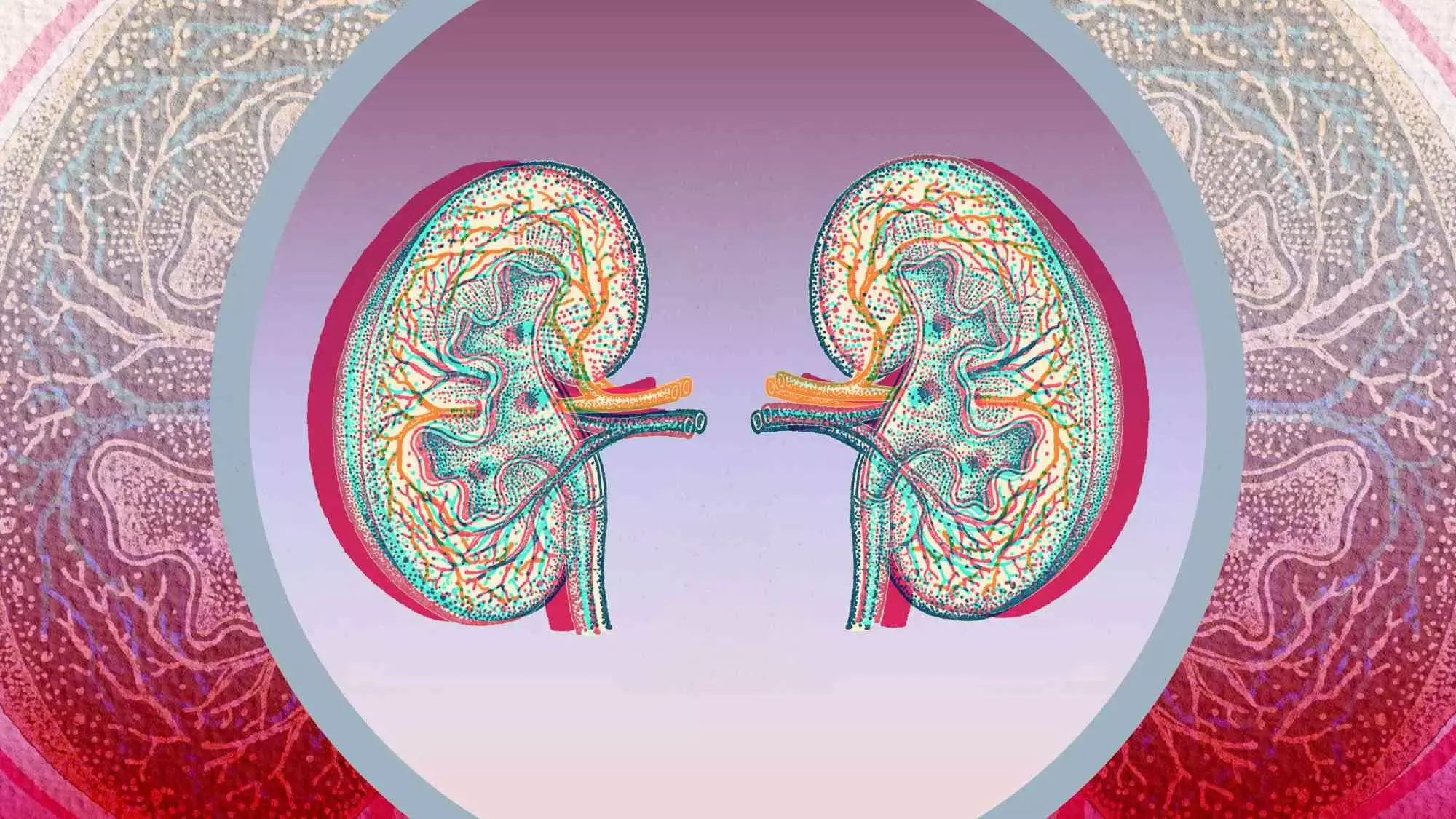- Home
- Medical news & Guidelines
- Anesthesiology
- Cardiology and CTVS
- Critical Care
- Dentistry
- Dermatology
- Diabetes and Endocrinology
- ENT
- Gastroenterology
- Medicine
- Nephrology
- Neurology
- Obstretics-Gynaecology
- Oncology
- Ophthalmology
- Orthopaedics
- Pediatrics-Neonatology
- Psychiatry
- Pulmonology
- Radiology
- Surgery
- Urology
- Laboratory Medicine
- Diet
- Nursing
- Paramedical
- Physiotherapy
- Health news
- Fact Check
- Bone Health Fact Check
- Brain Health Fact Check
- Cancer Related Fact Check
- Child Care Fact Check
- Dental and oral health fact check
- Diabetes and metabolic health fact check
- Diet and Nutrition Fact Check
- Eye and ENT Care Fact Check
- Fitness fact check
- Gut health fact check
- Heart health fact check
- Kidney health fact check
- Medical education fact check
- Men's health fact check
- Respiratory fact check
- Skin and hair care fact check
- Vaccine and Immunization fact check
- Women's health fact check
- AYUSH
- State News
- Andaman and Nicobar Islands
- Andhra Pradesh
- Arunachal Pradesh
- Assam
- Bihar
- Chandigarh
- Chattisgarh
- Dadra and Nagar Haveli
- Daman and Diu
- Delhi
- Goa
- Gujarat
- Haryana
- Himachal Pradesh
- Jammu & Kashmir
- Jharkhand
- Karnataka
- Kerala
- Ladakh
- Lakshadweep
- Madhya Pradesh
- Maharashtra
- Manipur
- Meghalaya
- Mizoram
- Nagaland
- Odisha
- Puducherry
- Punjab
- Rajasthan
- Sikkim
- Tamil Nadu
- Telangana
- Tripura
- Uttar Pradesh
- Uttrakhand
- West Bengal
- Medical Education
- Industry
CKD tied to higher prevalence of incomplete revascularization in Chronic coronary syndrome patients, reveals Indian Study

Chronic kidney disease tied to higher prevalence of incomplete revascularization in Chronic coronary syndrome patients suggests a new study published in the Indian Heart Journal.
A study was done to determine the impact of CKD on the completeness of revascularization and major adverse cardiovascular events (MACE) in patients with chronic coronary syndrome (CCS). The study enrolled 400 CCS patients who underwent revascularization by PCI. They were separated into two categories according to their eGFR levels: the control group: 200 patients with eGFR ≥60mL/min/1.73m2, and the CKD Group: 200 patients with eGFR< 60ml/min/1.73m.2 Patients were reclassified according to revascularization into complete and incomplete revascularization groups with one-year follow-up to assess the MACE. Results: CKD patients were significantly older (65.78 ± 6.41 vs. 56.70 ± 9.20 years, P=<0.001). They had higher syntax scores (P = 0.005), CIN (P = 0.001), all-cause mortality (P = 0.02), MACE (P = 0.037), and heart failure (P = 0.014). After reclassification according to revascularization. GFR was significantly reduced among patients with incomplete revascularization (51.08 ± 28.15 vs. 65.67 ± 26.62, respectively, P =<0.001).
Repeated revascularization (P < 0.001), STEMI (P = 0.003), stent thrombosis (P = 0.015), MACE (P < 0.001), stroke (P < 0.001), and all-cause mortality (P < 0.001) were more prevalent among patients with incomplete revascularization. Multivariate regression analysis revealed eGFR (P = 0.001) and Syntax score (SS) (P=<0.001) as independent predictors of incomplete revascularization. The optimal eGFR cutoff value for predicting partial revascularization is 49.50mL/min/1.73m2, with 58.8% sensitivity and 69.3 % specificity. Chronic kidney disease is associated with a higher syntax score and incomplete revascularization prevalence in CCS patients. Additionally, incomplete revascularization is associated with an increased incidence of major adverse cardiac events. In patients with CCS, CKD predicts partial revascularization and subsequent MACE.
Reference:
Shereen Ibrahim Farag, Shaimaa Ahmed Mostafa, Hamza Kabil, Mohamed Reda Elfaramawy. Chronic kidney disease's impact on revascularization and subsequent major adverse cardiovascular events in patients with chronic coronary syndrome, Indian Heart Journal. Volume 76, Issue 1, 2024, Pages 22-26, ISSN 0019-4832, https://doi.org/10.1016/j.ihj.2023.11.006. (https://www.sciencedirect.com/science/article/pii/S001948322300192X)
Dr. Shravani Dali has completed her BDS from Pravara institute of medical sciences, loni. Following which she extensively worked in the healthcare sector for 2+ years. She has been actively involved in writing blogs in field of health and wellness. Currently she is pursuing her Masters of public health-health administration from Tata institute of social sciences. She can be contacted at editorial@medicaldialogues.in.
Dr Kamal Kant Kohli-MBBS, DTCD- a chest specialist with more than 30 years of practice and a flair for writing clinical articles, Dr Kamal Kant Kohli joined Medical Dialogues as a Chief Editor of Medical News. Besides writing articles, as an editor, he proofreads and verifies all the medical content published on Medical Dialogues including those coming from journals, studies,medical conferences,guidelines etc. Email: drkohli@medicaldialogues.in. Contact no. 011-43720751


